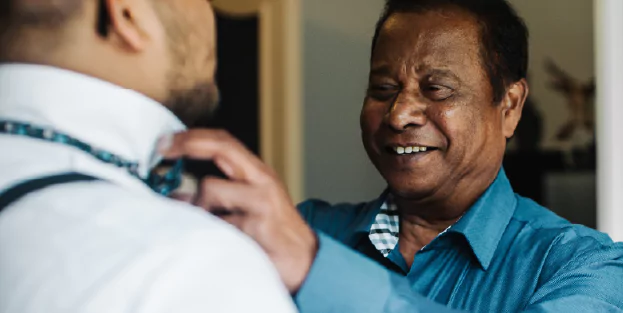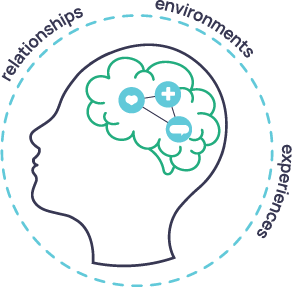Positive Childhood Experiences
ACEs do not have to predetermine one’s future.

Other factors, like having supportive people around and positive childhood experiences, can reduce the impact of ACEs.
Even if someone endures ACEs, it does not always lead to toxic stress and poor health outcomes. Having supportive relationships with family, friends, teachers, or coaches can make a big difference in helping people overcome ACEs.
Our brains are adaptable, a concept called “neuroplasticity”. Healing from trauma involves teaching our brains new ways of understanding our relationships, surroundings, and experiences. By practicing habits that build resilience, we can counter the harmful effects of toxic stress.
Over time, the brain can recover from stress-induced damage. Things like mindfulness practices, exercise, good sleep, and positive social interactions can all help.

Researchers are now looking at Positive Childhood Experiences (also called “PCEs”) and how they affect both children and adults. They are studying how PCEs interact with ACEs to understand how they influence health outcomes.
Here are some examples of PCEs:





